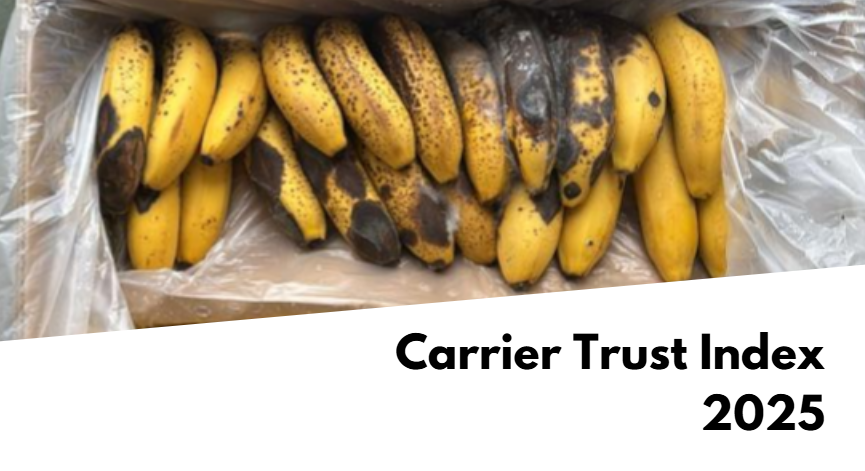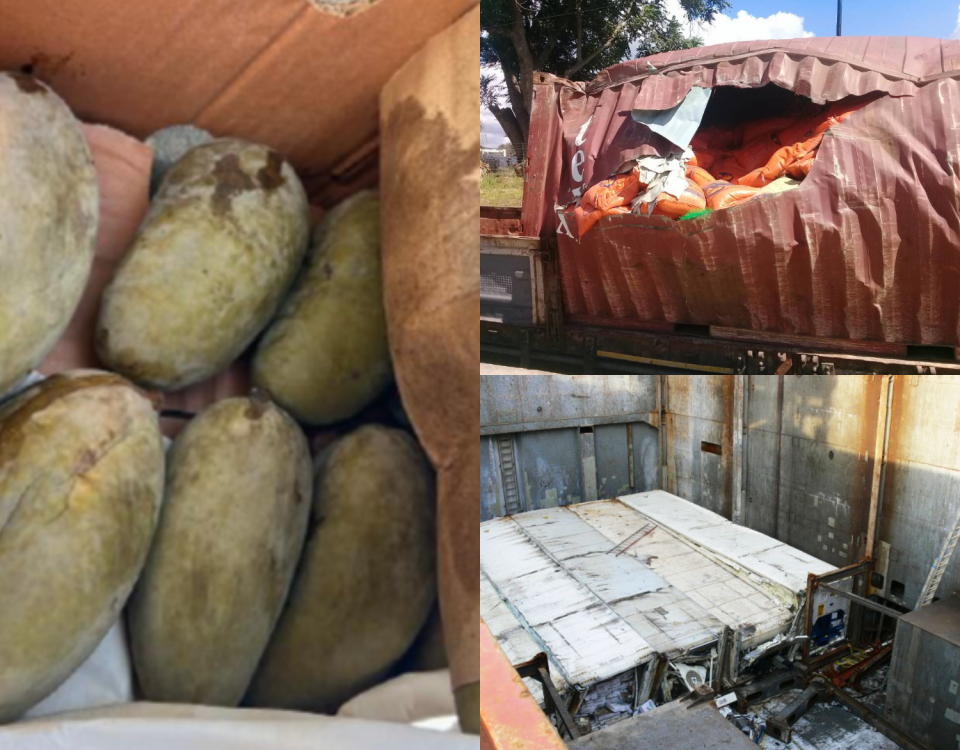Unlocking the Secrets: What Makes a Cargo Claim Recoverable?

Common Mistakes Made by Exporters Leading to Unsuccessful Claims: How to Avoid Them
May 5, 2023
4 Most Common Types of Cargo Damage
May 12, 2023The world of shipping and logistics can be a maze of complexity, where countless cargo claims arise. However, some claims are easier to recover than others. In this blog post, we delve into the fascinating world of recoverable cargo claims, uncovering the key elements that can make all the difference in seeking compensation and recouping transit losses.
- Proper Documentation:
When it comes to cargo claims, documentation is king. Recoverable claims require meticulous records and evidence of the shipping process, including bills of lading, commercial invoices, packing lists, and inspection reports or pictures. These documents serve as vital proof, ensuring that the cargo’s condition at the time of loading, transportation, and delivery are accurately recorded. Incomplete or missing documentation can severely hinder the chances of recovery, as it becomes challenging to establish liability or prove damages.
- Notification and Timeliness:
Time is of the essence in cargo claim recovery. Prompt notification of the claim to the carrier or relevant parties is crucial. Bill of ladings and airwaybills stipulate specific time frames for reporting damages, loss, or delays. Failing to adhere to these timelines can result in a waiver of rights. By promptly notifying the responsible parties, it becomes easier to initiate the claims process, investigate the incident, and gather supporting evidence before it becomes compromised or lost.
- Proper Packaging and Handling:
The condition of the cargo upon delivery is paramount. Recoverable claims often hinge on proving that the cargo was adequately packaged and handled throughout its journey. Proper packaging protects goods from damage during loading, unloading, and transit. Documentation such as photographs, video footage, or witness statements can play a crucial role in demonstrating negligent handling or insufficient packaging, thereby strengthening the claimant’s position.
- Legal and Insurance Assistance:
Navigating the complex realm of cargo claim recovery requires professional expertise. Engaging legal counsel specializing in maritime law or transportation regulations can be invaluable. These experts possess in-depth knowledge of applicable laws, contract terms, and the legal processes involved.
Recovering losses from liable carriers is a multifaceted endeavor. By prioritizing proper documentation, timely notification, demonstrating proper packaging and handling, and seeking legal and insurance assistance, claimants can enhance their chances of a successful recovery. Understanding these key elements empowers exporters and freight forwarders to navigate the challenging terrain of cargo claim recovery with confidence.



